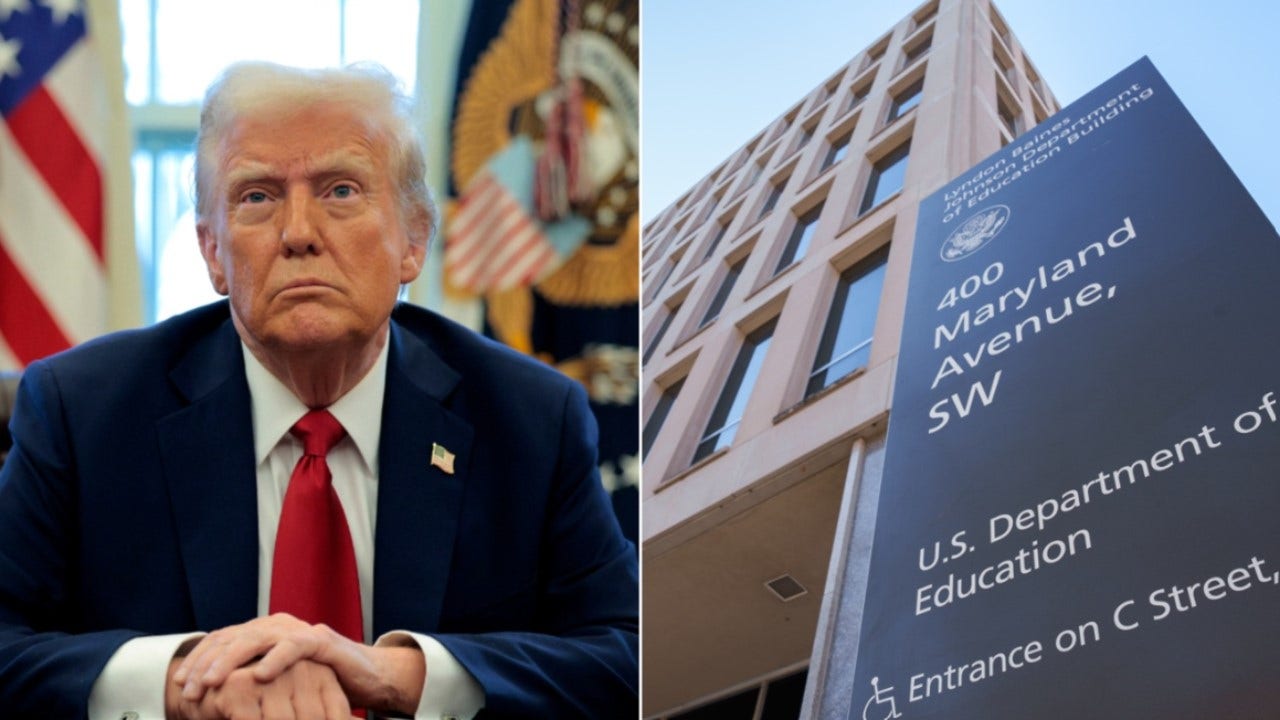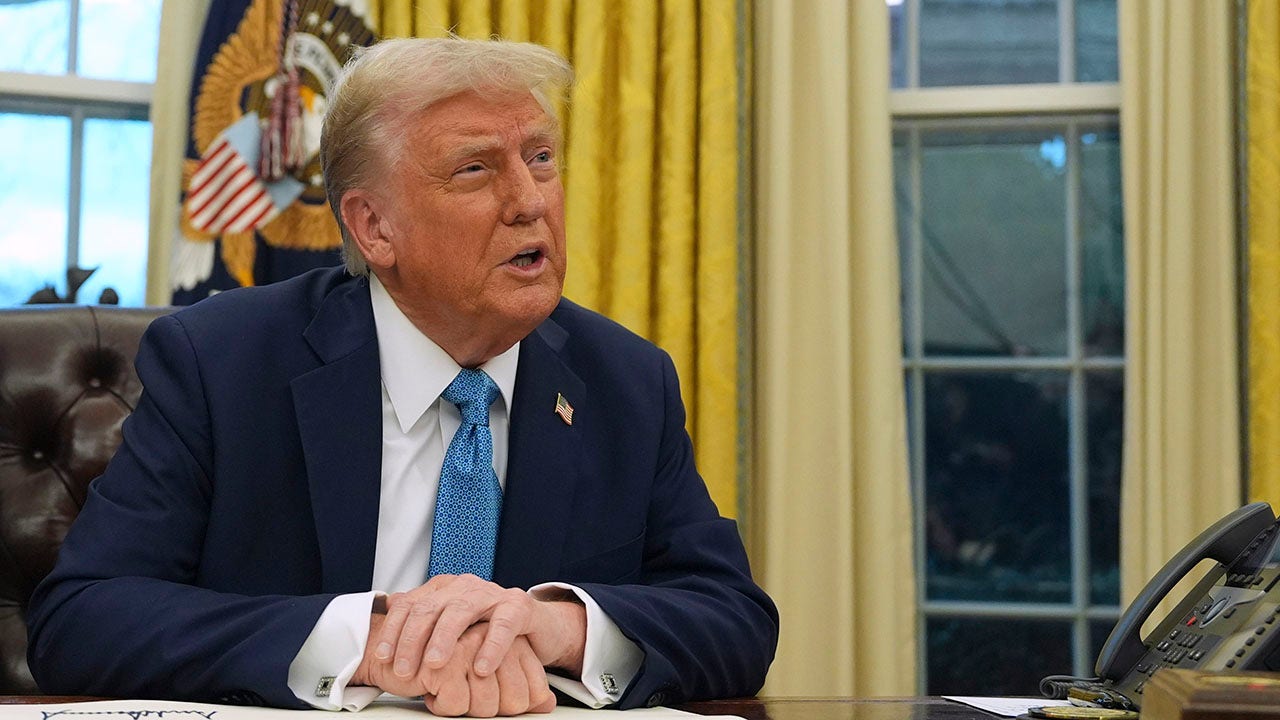A knock on the large, unmarked wooden door opposite Lviv City Hall. A man in military uniform with a German-made rifle answers. Password, he demands.
“Slava Ukrayini.” Glory to Ukraine.
“Heroy am slava”, Glory to the heroes, he replies and opens a passage hidden behind a wall of books.
The man in the uniform is not a guard. He’s the maître at Kryivka, a popular themed restaurant commemorating Ukraine’s armed struggle for independence against Soviet Russia and Nazi Germany during World War II.
The cavernous restaurant — decorated as an underground bunker filled with memorabilia — has been around for more than 15 years. And the atmosphere remains festive and playful despite the brutal and bloody story that serves as the backdrop. Patrons still order rows and rows of colorful vodka shots, and the brick walls are still adorned with 1940s splinters, radios, maps, artillery, and lanterns.
But as the war with Russia rages on, the space in the relatively safe western city of Lviv has taken on a new resonance. On a recent visit, the tables were occupied by Ukrainians instead of the foreign tourists the restaurant used to attract. Locals, soldiers on leave and families fleeing bombed-out cities across the country enjoyed the food and booze. Children strolled around, tried on the collection of helmets and jackets, or dueled with the ancient weapons.
Alina Bulauevska, sitting at a table with her family, came from a nearby town to celebrate her 32nd birthday. “This is an escape for us,” she said.
Active soldiers have left hundreds of contemporary military insignia – the insignia of their units. At the center of the framed exhibit is a depiction of General Valery Zuluzhny, Commander-in-Chief of the Ukrainian Armed Forces.
The restaurant invited him to visit, said Ivan Myzychuk, a manager. The four-star general responded by sending his insignia along with a giant blue and yellow Ukrainian flag on which he signed his name and drew a heart in red ink.
“He replied that after our victory he will come to celebrate,” Mr. Myzchuk said.
Julia Volkova sat with her husband, children and a few friends at a large table with trays of fatty sausages, charred vegetables and hash browns. The family has rented an apartment in Lviv since fleeing the war-torn city of Kharkov in the north-east of the country last March, joining the approximately 150,000 displaced people who have also settled here.
They ate at the restaurant several times. “We love this place,” Ms. Volkova said through a translator.
They were grateful to be in Lviv. Russian militants confiscated her land and farm business and killed the family of one of her daughter’s classmates as she was leaving a church after prayers, Ms Volkova said.
“They killed everyone who got in their way, we saw it for ourselves,” she said, pointing two fingers at her eyes.
Her boyfriend put down a mug of beer and pulled out his cellphone to show video of the walls of his home riddled with bullet holes and embedded shrapnel.
Sievda Kerimova had recently come to Lviv from Kiev for a happier reason. She had come to meet her husband, a 26-year-old military officer who was on ten days off.
At a shooting range next to one of the dining halls, the couple paid 75 hryvnia – about US$2 – for Ms Kerimova to fire ten plastic bullets at a paper target bearing a picture of Vladimir V Putin, the President of Russia. In another room, customers could aim for an oversized punching bag that had his face on it.
Kryivka is one of several themed restaurants and souvenir shops operated by !FEST, a Ukrainian restaurant group. Upstairs is another restaurant, the most expensive Galician restaurant, set up as a Masonic clubhouse. Just around the corner is the Lviv Coffee Mine, a huge underground coffeehouse and shop where visitors wearing miner’s helmets can dig for coffee beans and sip lattes.
The restaurants don’t care about historical accuracy. In Kryivka, the pervasive patriotism and general cheerfulness eclipse the original’s often ugly record Ukrainian Insurgent Army, which led the struggle for an independent Ukraine in the 1940s but was made up of extremists who massacred Poles and Jews as part of an ethnic cleansing campaign.
But remembering the struggle for Ukraine’s independence is one possibility citizens vote today Proud of their heritage and support for the war effort.
Food and fun—not a history lesson—are on the menu.
The evening’s celebrations also included the hunt for Russian spies, or “Moskali,” a derogatory term Ukrainians used to refer to Russians. The game was officiated by a group of waiters in military attire. The diners were laughingly interrogated, then taken to a makeshift prison and asked to sing a patriotic song before being returned to their table.
Eventually the waiters lined up like in a military formation. The leader asked those gathered about the number of Russian tanks or helicopters shot down since the beginning of the war, while customers gathered around him and cheered.
The short performance ended with the staff and guests repeating consecutive rounds of “Slava Ukrayini”. Heroyam slava” in unison.
The moment wasn’t quite on par with that legendary scene from the film “Casablanca” in which Victor Laszlo leads the crowd at Rick’s Cafe Americain and sings La Marseillaise in defiance of the Nazi officers. But the feelings were authentic.
Meanwhile, a largely unnoticed wall-mounted TV silently broadcast the evening news, an interview with President of Ukraine Volodymyr Zelenskyy, in which he discussed the day’s Russian airstrikes.
Unlike other street-level shops and restaurants, which were forced to close during the day’s three missile warnings, underground Kryivka was able to continue serving pierogi and vodka.
Another evening Vitaly Zhoutonizhko, his right arm in a sling, visited the restaurant for the second time with his wife Alina and four-year-old daughter Kiza. He had been in Lviv for two weeks because he was on medical leave from the army to recover from an injury he sustained when a shell hit his trench.
When asked why he would want to relax in a fake bunker after being in a bunker near the front line, Mr. Zhoutonizhko laughed.
“This is entertainment,” he said.
So was he trying to hit a Putin target at the shooting range?
“I have no interest in taking the picture,” he said. “I have a real purpose.”





